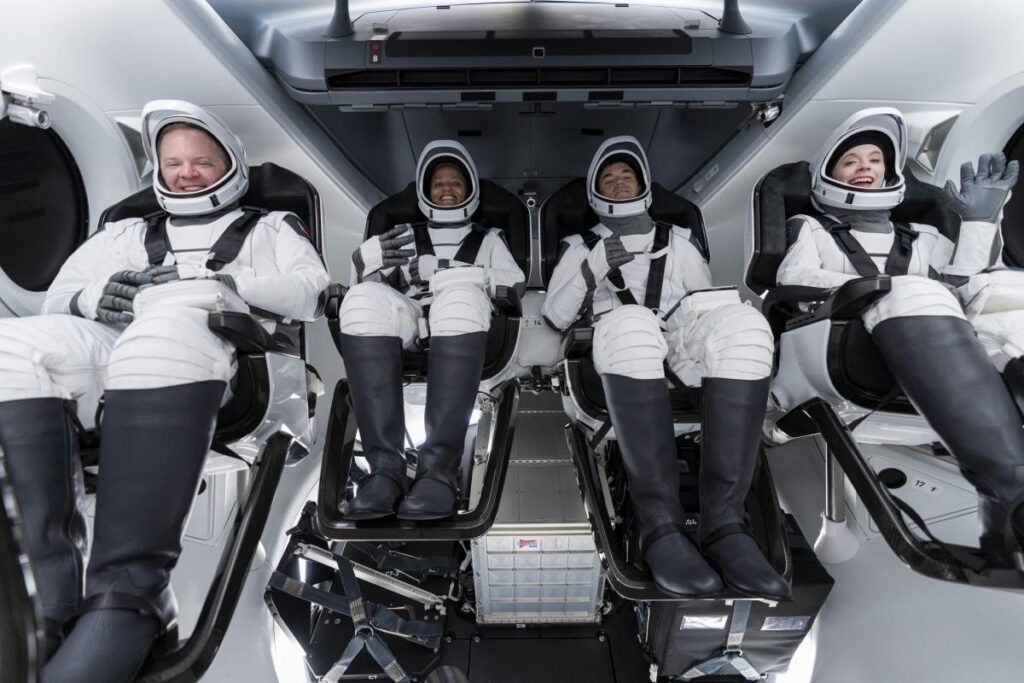Jared Isaacman, the President-elect’s choice for NASA administrator, emphasized the necessity of a military presence in space to protect U.S. interests during his address at the Spacepower Conference in Orlando, Florida. He asserted that the development of a human presence in low Earth orbit will inevitably require a cadre of Space Force guardians, stating, “If Americans are in low Earth orbit, there’s going to need to be people watching out for them.” Isaacman’s comments reflect a broader recognition of the need for security as the United States intensifies its exploration and economic activities in space, which include potential ventures into space mining and various NASA missions. He argued that while certain tasks could be managed by automated systems, human oversight will remain essential.
As the CEO of Shift4 Payments, Isaacman has built a notable career that intersects technology and aviation. His interest in space is strongly linked to his experience as a pilot, having co-founded Draken International, a company that trains pilots using private military jets. Moreover, he has ventured into space twice, demonstrating his passion for this new frontier. In 2021, he self-financed a significant mission on a SpaceX Crew Dragon capsule with an all-civilian crew, making history in the process. His second flight in September as part of a SpaceX program included a groundbreaking commercial spacewalk, showcasing both his commitment to space exploration and the potential of civilian participation in this domain.
Isaacman’s comments align with sentiments expressed by other military officials regarding the future of the U.S. military in space. Retired Lt. Gen. John Shaw, a former deputy at U.S. Space Command, previously indicated that military personnel could one day be deployed into space for operational and command functions. However, there is variability in opinion about the timeline for such developments, with some military leaders suggesting it may take decades before Space Force personnel actively access space missions. Isaacman refrained from providing a specific timeframe but noted that developments in NASA’s moon and Mars programs could serve as a catalyst for establishing a military presence in orbit.
The implications of Isaacman’s vision extend to the broader narrative of the United States’ strategic interests in space. He posited that as exploration and economic activities flourish, a military presence will be critical. This “high ground” concept places the U.S. in a leading role globally, suggesting that space guardianship is not merely a reactive measure but a proactive strategy necessary for overseeing U.S. undertakings in the expansive realm of space. This aligns with national interests, where space resources and scientific opportunities will increasingly require safeguarding.
Moreover, the discussion around military presence in space touches on the potential for international cooperation as well as competition. Different nations are developing their own capabilities, leading to a potential scenario where space becomes a focal point of geopolitical tensions. In this climate, Isaacman’s highlighted need for security emphasizes that American leadership in space activities must be supported by adequate protective measures to ensure the safety and success of U.S. assets and personnel.
In summary, Jared Isaacman’s views on the inevitable military presence in space highlight critical intersections between exploration, economic interests, and national security. As both a tech entrepreneur and space traveler, he brings a unique perspective to the dialogue surrounding NASA and Space Force operations in an era where human activity in space is likely to expand significantly. With his background in aviation and direct experience in space travel, Isaacman advocates for a proactive approach to securing the emerging opportunities and challenges in space, underlining America’s role as a global leader in this vital domain.

